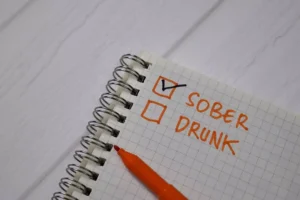
Since intoxication can lead to riskier behavior, blackouts can be dangerous. For those who tend to black out when drinking, it can help to have trustworthy friends nearby to keep an eye out. It might also be best for these individuals to avoid excessive drinking.
- In small doses, alcohol can make you feel quite cheerful for a short while.
- Additionally, the social and personal costs of excessive drinking, such as strained relationships, professional difficulties, and health problems, can significantly impact overall life satisfaction and happiness.
How do cultural attitudes towards drinking influence behavior?
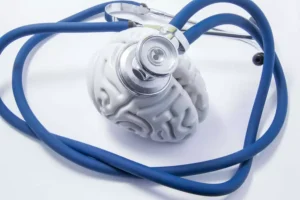
This alcohol evaporates from your blood through your lungs and moves into your breath. If you have food in your stomach, the alcohol will stick around longer. The more alcohol in your blood at one time, the drunker you’ll feel. Alcohol is mainly a depressant, but it actually has stimulating effects when you first start drinking. It begins to do its thing pretty much the moment it goes into your mouth, and its effects become more noticeable as the alcohol makes its way through your body. The more alcohol you drink, the stronger the effects of alcohol on the body.
Emotional Swings and Instability
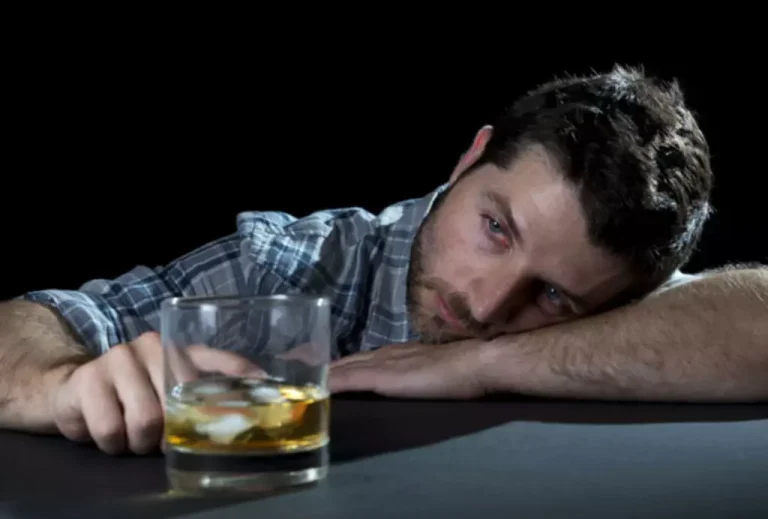
The drug was radioactively tagged so that it would light up on a PET scan, and the receptor “map” could be made. Over time, we may start to drink not because we’re already feeling bad but because we’re worried we might feel bad later, like taking a drink before bed to avoid lying awake worrying. The Reframe app equips you with the knowledge and skills you need to not only survive drinking less, but to thrive while you navigate the journey. Our daily research-backed readings teach you the neuroscience of alcohol, and our in-app Toolkit provides the resources and activities you need why does being drunk feel good to navigate each challenge.
- It suppresses the go-getter glutamate and gives the chill GABA a boost.
- Studies show a link between increased alcohol consumption and unsafe sex—not to mention that drunk sex is not consensual sex.
- This can make individuals feel more outgoing and willing to engage in conversations and activities they might normally avoid.
- Alcohol helps us attain a necessary goal in life, both for the individual and for the community.
- This lack of coordination can increase the risk of accidents and injuries.
Health Risks of Excessive Drinking
Here’s how the long-term consequences of excessive drinking can gradually take a toll on your health. Long term drinking, however, can lower levels of both these hormones as well as lowering blood sugar and increasing dehydration, leading to worse anxiety. There is also a risk of becoming reliant on alcohol to manage anxiety, leading to other physical and mental health problems. First-time drinking can be different because we don’t know what to expect, and it’s the first time our body is exposed to alcohol, potentially leading to a more intense reaction. Drinking for the first time can involve a more intensified reaction to alcohol since our body and brain haven’t developed any tolerance.
Continuing to drink when already feeling drunk can increase a person’s risk of complications. Over time, excessive alcohol use can cause liver health problems such as cirrhosis. Chronic drinking can even cause dementia by causing a dangerous vitamin B-1 (thiamine) deficiency. In this article, learn about how it feels to be drunk according to blood alcohol content (BAC) level. The experience of alcohol intoxication is different for each person.
- Understanding the science behind alcohol’s impact on our brain chemistry is crucial for making informed decisions about our drinking habits and overall well-being.
- Individuals may have difficulty walking, experience slurred speech, and struggle with fine motor skills.
- Chronic drinking can even cause dementia by causing a dangerous vitamin B-1 (thiamine) deficiency.
- When released, they produce feelings of pleasure and reward, which signal the brain that it likes what you’re doing and wants you to do it again.
Dopamine acts as a chemical messenger, signaling to the brain that something important or rewarding is happening. This signal reinforces the behavior that led to the reward, increasing the likelihood that we’ll repeat it in the future. A person is sober or low-level intoxicated if they have consumed one or fewer alcoholic drinks per hour. This tipsiness begins when alcohol enters the body’s bloodstream and starts to affect the functions of the brain and body. Usually a man will start to feel tipsy after consuming 2 to 3 alcoholic drinks in an hour.
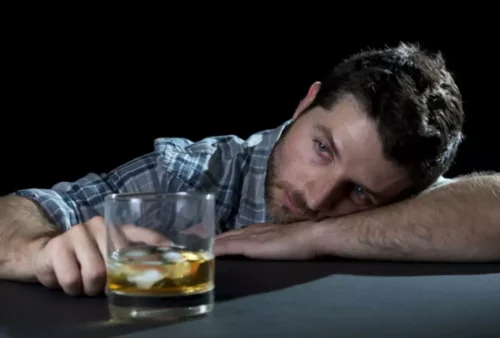
You might feel happy, more social and confident, and less inhibited. This is because alcohol stimulates the release of dopamine and serotonin, which are sometimes referred to as your “feel good” hormones. There are multiple short-term risks of excessive alcohol consumption. The human brain uses a number of chemicals – known as neurotransmitters – to carry messages.
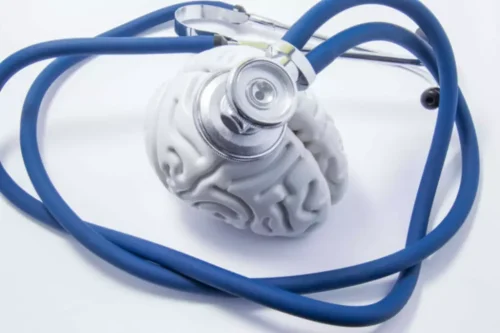
What are the short and long-term effects of alcohol use on your brain and body?
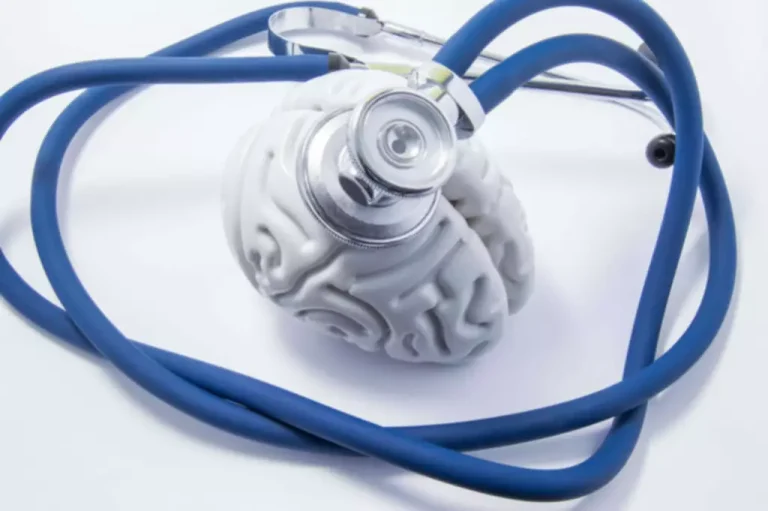
The aftermath can consist of hangover symptoms, such as nausea, headache, light and sound sensitivity, and more. Long-term excessive drinking can lead to chronic health problems such as liver disease, cardiovascular issues, and mental health disorders. Regular heavy drinking can also contribute to the development of alcohol dependence and addiction. Understanding the science behind alcohol’s effects on the brain can empower individuals to make more informed decisions about their drinking habits.
Altered Mood and Emotional Swings
Alcohol starts entering your bloodstream through small blood vessels in your mouth and tongue before traveling through your digestive system. We can’t then get frustrated with those people because we built out a cultural norm around it,” he says. “So the actual cause (of any health benefit) probably wasn’t the alcohol at all,” Dr. Oesterle says. Additionally, alcohol can damage the nerves in the inner ear, affecting balance. This is a recipe for falls, which are typically much more traumatic in older adults and can even be deadly. Free standard shipping is valid on orders of $45 or more (after promotions and discounts are applied, regular shipping rates do not qualify as part of the $45 or more) shipped to US addresses only.
